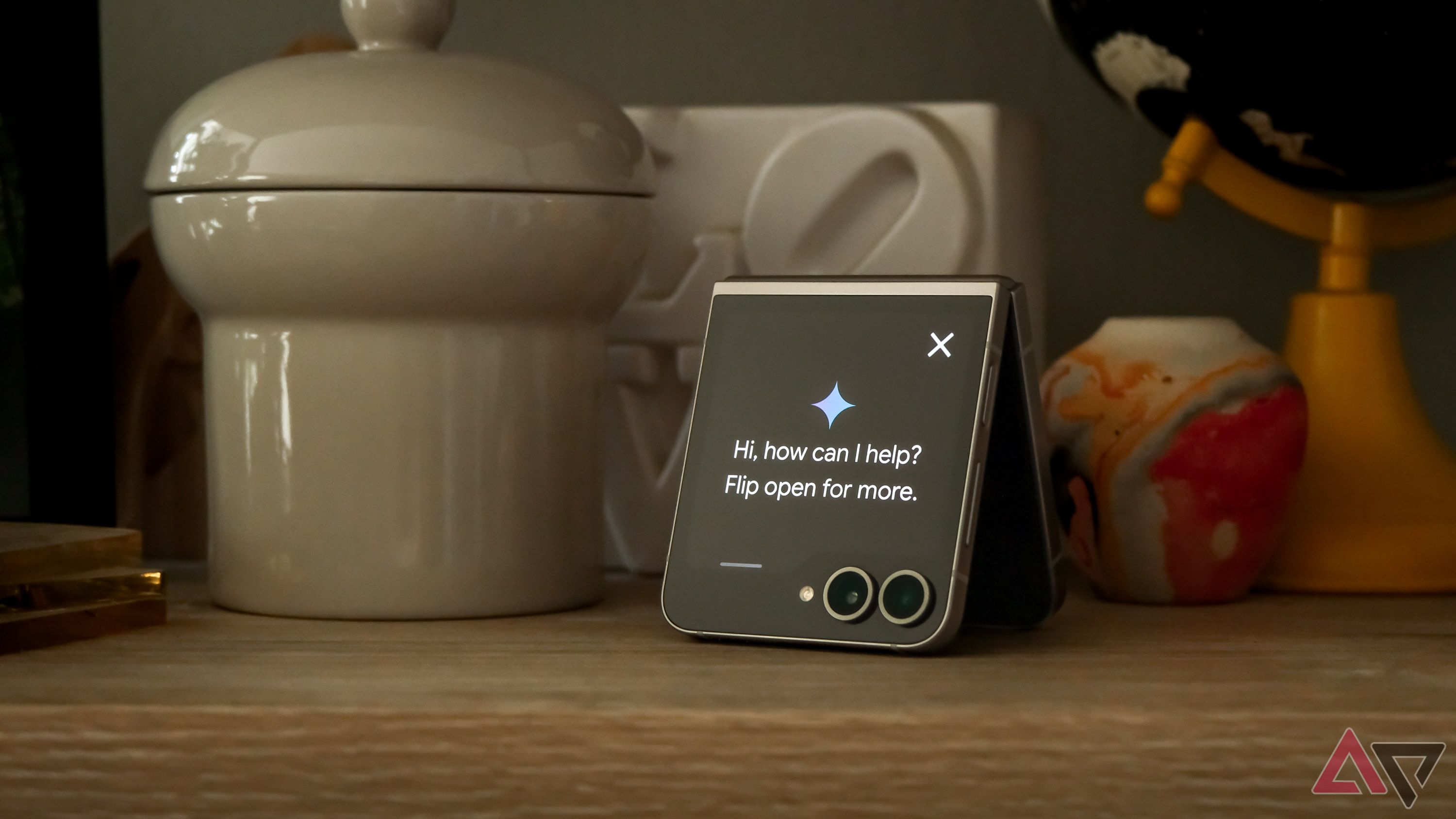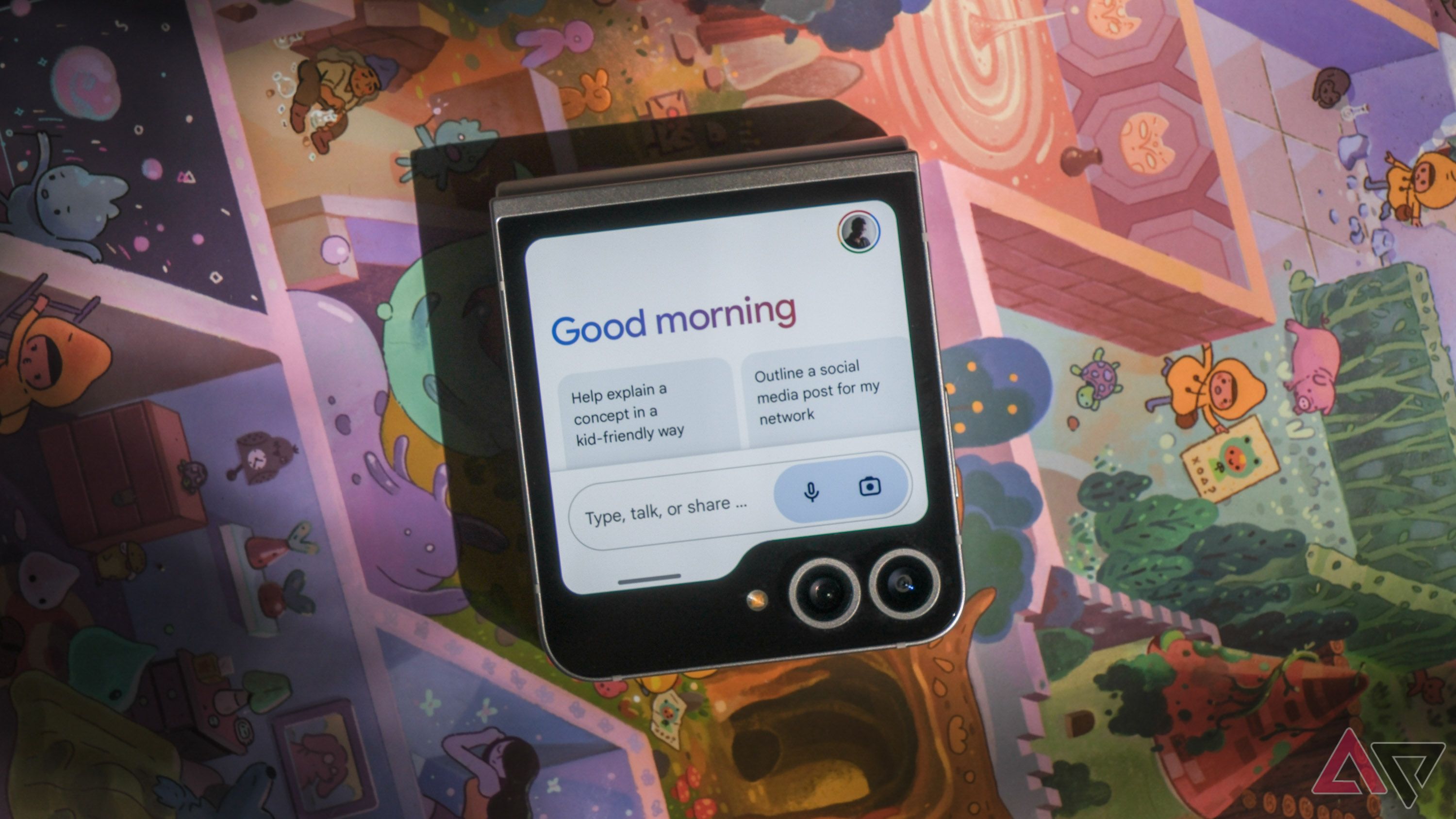Tasker is among the most powerful apps for Android, letting you create automation and triggers. The problem is that it’s equally challenging to use. Even if you look beyond its dated interface, creating automation in Tasker is not easy with variables, scenes, etc. I’ve tried using Tasker multiple times over the last decade, with little success.
While I could create simple automations, trying to automate complex actions always got confusing. Then AI happened, and with the help of Google Gemini, I could finally create complex Tasker profiles in a few minutes. Here’s how.
Related
Getting started with Google Gemini: The basics of Android’s latest assistant
If you want to give Gemini a try, these tips and tricks will help you out
Ask Gemini to help with Tasker automation
Because AI is meant to make complex tasks easier
First, you should know that Gemini can’t create and share Tasker profiles that you can import and use on your phone. That would have been the best and made things even more straightforward. And while this might be possible in a year or two, that’s not the case right now.
Instead, you can use Gemini to get detailed steps to creating the required Tasker profile for automation. This will require you to provide detailed triggers and actions, and a vague input like “create a tasker automation to play YouTube Music at home” won’t get you anywhere.
It also goes without saying that you must have purchased and installed Tasker on your phone. To ensure you don’t run into any issues, grant the app all the necessary permissions before creating an automation. I went into Tasker’s App info page and gave it access to all permissions from there. Also, disable battery optimization for Tasker so that it doesn’t get killed in the background.
Note that if you have a Samsung phone, you can use Bixby Routines to automate such tasks. But for complex automations, Tasker is still the best.
When I leave home for the gym in the evening, I pick up my wife from her workplace as well. I text her when I leave so she can wrap up her work by the time I arrive. For the longest time, I wanted to create a Tasker profile that would automatically send her a text when I left home between specific hours. However, given my limited programming and logical abilities, I found creating such an automation in Tasker too complex.
That’s until I got Gemini’s help. For the above scenario, I gave the following input to Gemini: Help me create a Tasker automation that texts my wife when I leave home in the evening between 5-6 pm. This automation should only trigger when my phone connects to my car’s infotainment system.
Here, I specified the time, ensuring the Tasker automation only runs in the evening and not every time I leave my house. More importantly, I set the trigger to when my phone connects to my car’s Bluetooth system. Giving specific and detailed triggers is important for Gemini to provide you with straightforward steps to building the Tasker automation.
Below is a snippet of Gemini’s reply:
As you can see, it provided the relevant instructions with the trigger and task actions, along with a detailed explanation of each step. If you’re using Tasker for the first time, though, you might want detailed steps. I asked Gemini, “Can you provide more detailed step-by-step instructions?” This provided me with comprehensive instructions, which I could use to create the necessary automation.
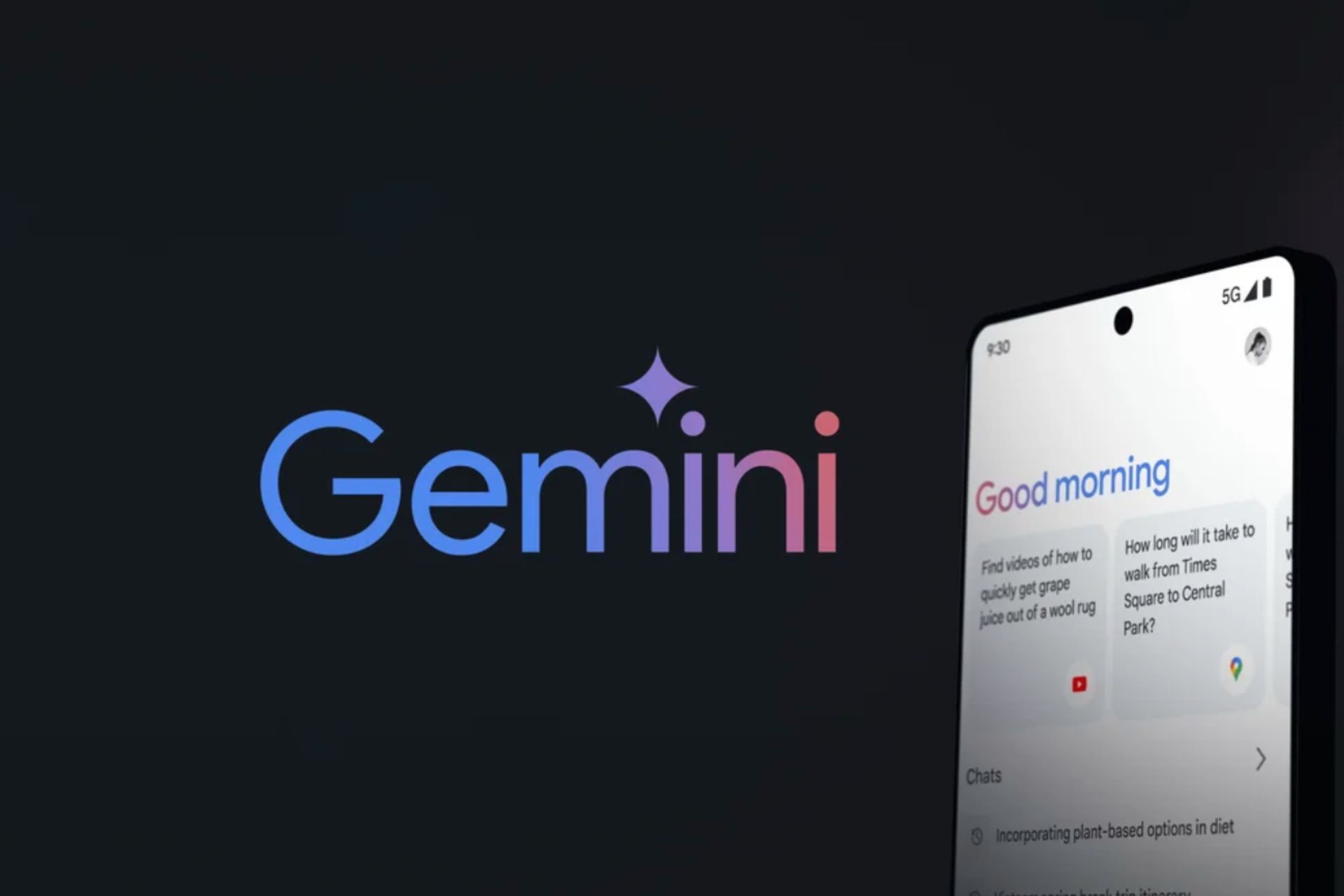
Related
How to use Google Gemini to plan your vacation
Use Gemini for a stress-free trip-planning experience
Gemini’s instructions might require some tweaking
There’s a reason AI has not replaced humans
Gemini is not perfect, though, and you will run into issues. In the above example, Google’s AI-powered chatbot tells me to create a second profile — the Bluetooth trigger — after I’ve set up the first trigger. But Tasker prompts me to create a new task when I press the back button after entering the time.
Apparently, there’s no way to create multiple new profiles/triggers before adding a task. So, after the first trigger (step 1 in the previous screenshot), I had to jump straight to building the task (step 4).
After this, I long-pressed the Time trigger to add the other conditions for the automation to run. Gemini suggested adding a third trigger based on my location, but I felt it was unnecessary. Instead, I let Tasker trigger the automation between a specific time of the day (5-6 pm) and when my phone connects to my car’s Bluetooth.
This works because my trigger is not heavily location-specific, but if you’re building such a Tasker automation, you cannot skip these steps.
Occasionally, Gemini will make some silly mistakes. For example, in the above task, Gemini suggested I jump into Tasker’s preferences and enable “Bluetooth” and “Location” in the “Monitor” tab. However, I could not find any such options. When I asked the chatbot about this, it replied: “You’re absolutely right. In newer versions of Tasker, the “Monitor” tab has been replaced with the “Preferences” section.”
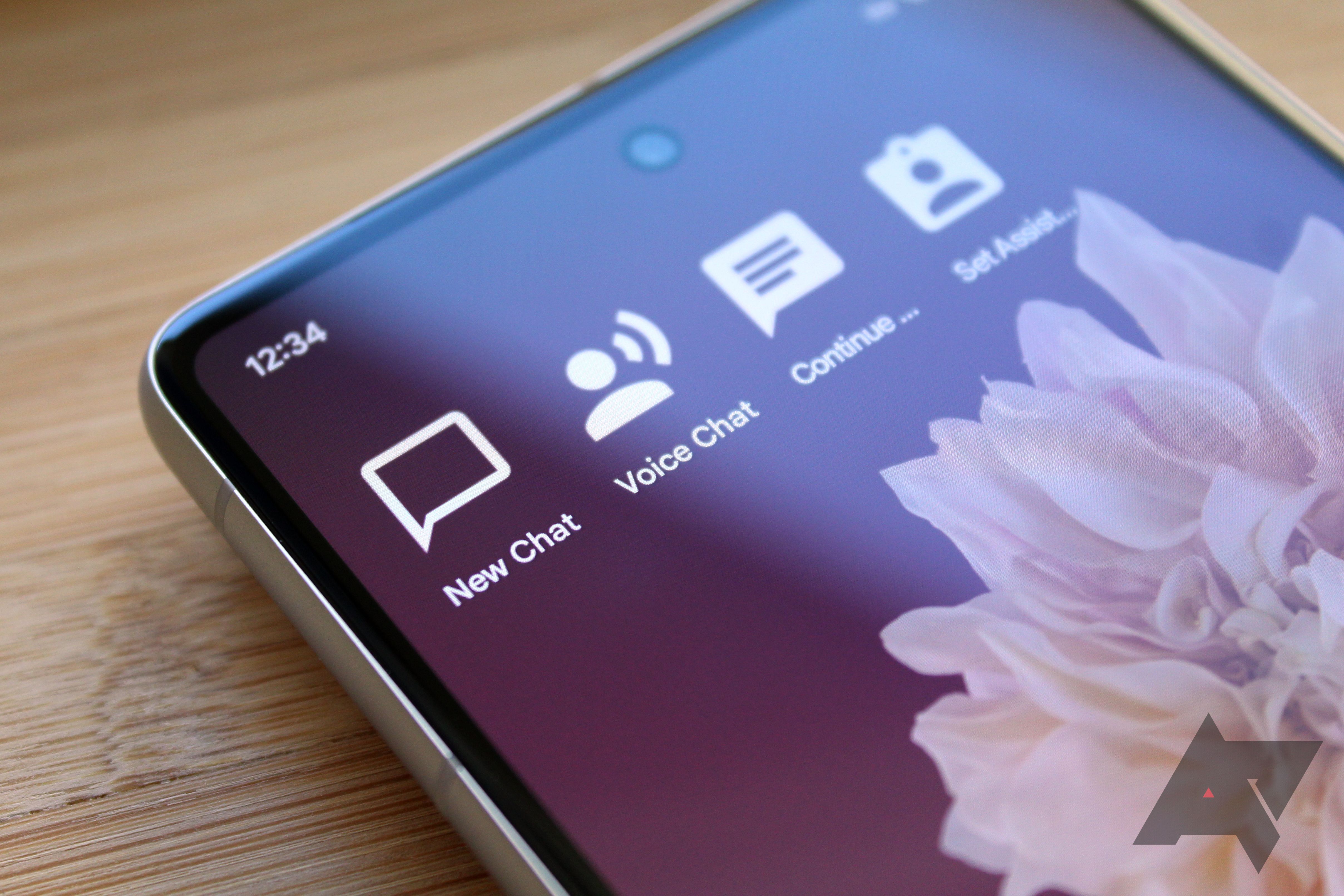
Related
Using Tasker to talk with ChatGPT on your phone looks equal parts powerful and terrifying
The automation app taps into ChatGPT’s new API to bring deep Android integration
Use Gemini to create powerful Tasker automation
Let Gemini do the hard work for you
The above is just one example of how I’ve used Gemini to create a useful Tasker automation. I have also built several others that are useful in daily life, like automatically forwarding text messages containing certain words to my wife, silencing my phone when I’m in a meeting, and more.
Gemini is not limited to helping you with Tasker automation, as you can also ask it for help with other similar apps, like MacroDroid. I can’t wait for Tasker or Google to allow developers to integrate Gemini into their apps. It will open up several use cases and allow you to automate tasks in just a few taps.
That said, for smart home automation, I would recommend using Google Assistant Routines instead of relying on Tasker.
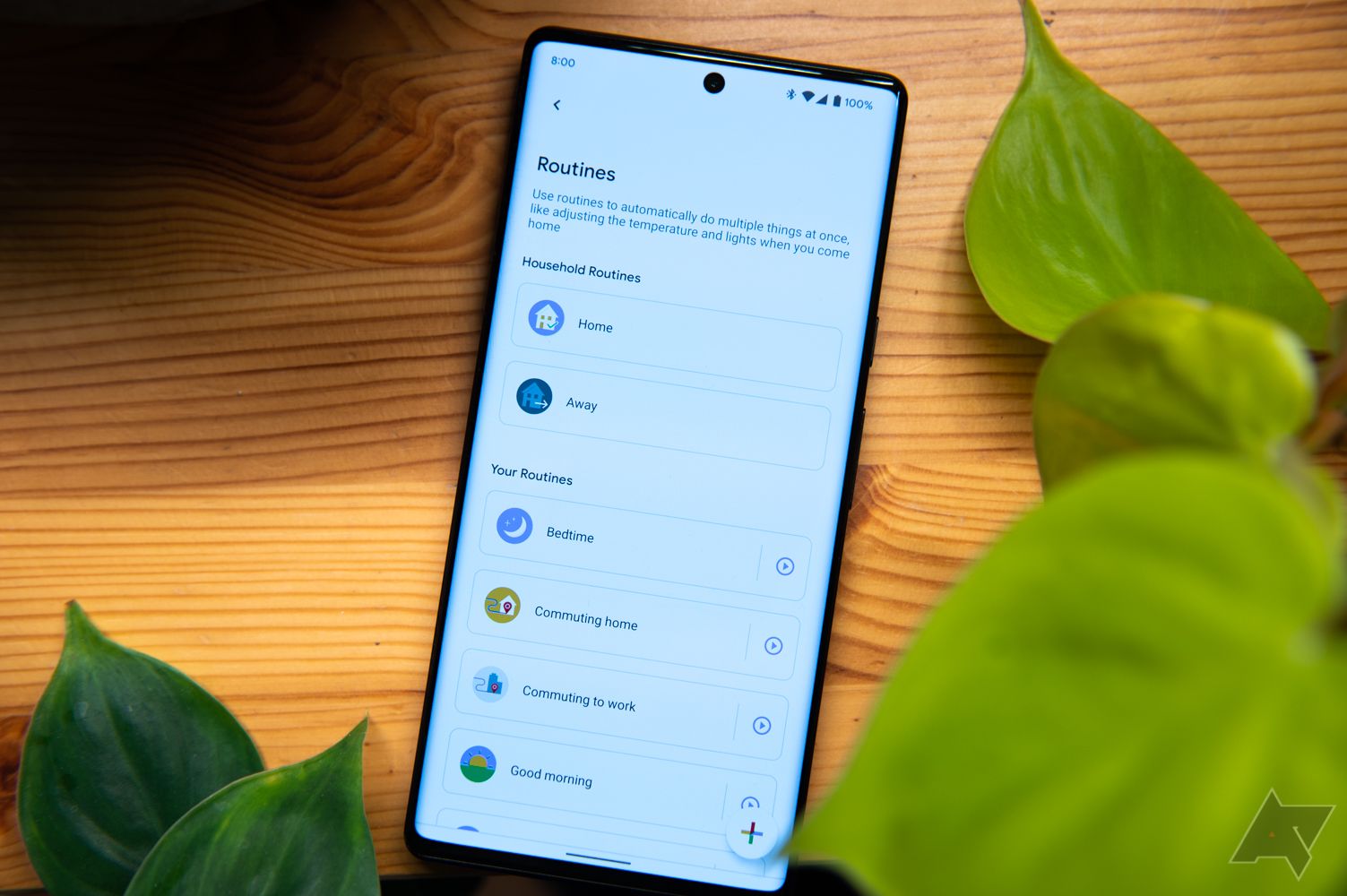
Related
7 incredible Google Assistant routines that make life easier
These routines can seriously help out your day-to-day life

